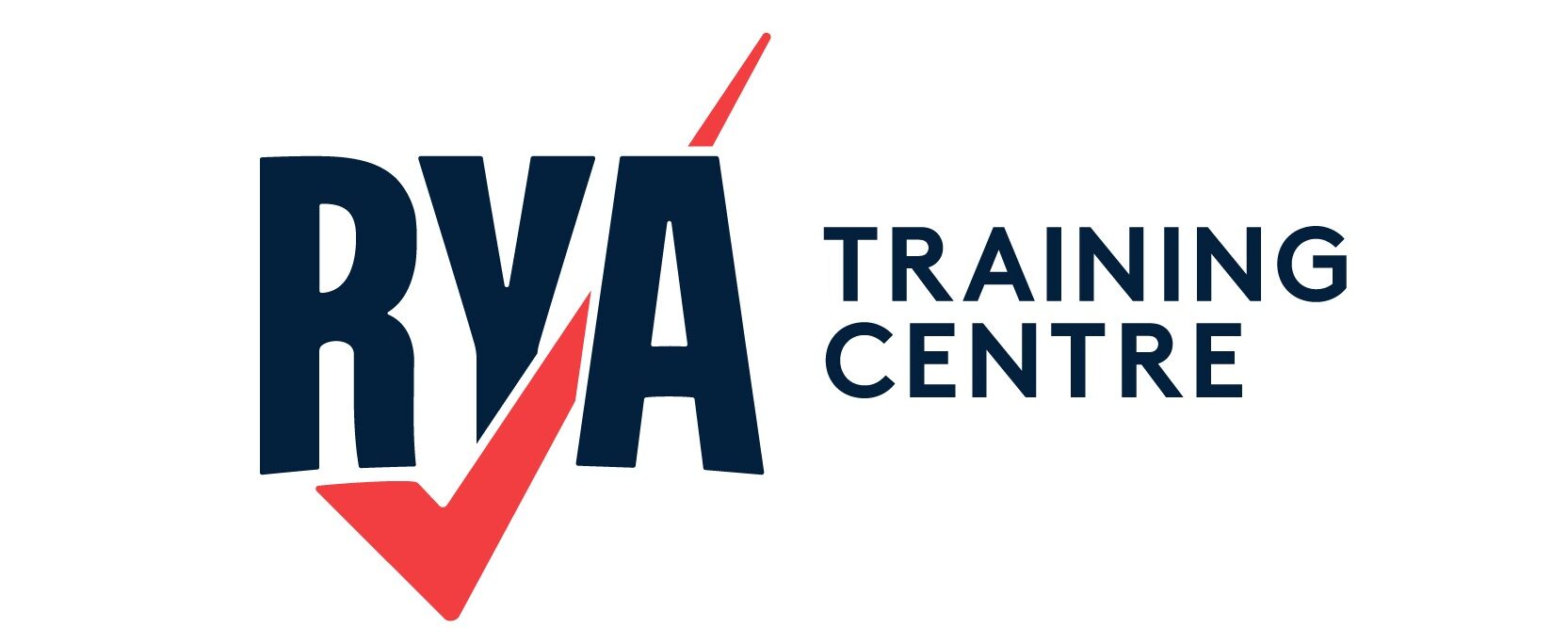
Performing sailing yacht engine checks in preparation for a passage helps to avoid breaking down when you are underway.
Engine Checks
Checks Before Starting the Engine
Performing engine checks before starting the yacht is very important. We recommend inspecting the following:
- Inspect belts and hoses for damage or wear
- Look for leaks
- Ensure there is enough fuel for your journey and an adequate reserve amount
- Check oil levels
- If you have a fresh water cooling system make sure the coolant level is correct
- Check stern glands for leaks and grease if required
- Inspect filters – particularly water separators in fuel lines
- Check the propeller is not fouled.
Checks After Starting the Engine
Sailing yacht engine checks after starting the engine may include:
- Check there is a good flow of water from the exhaust pipe
- Allow time for the engine to warm up and become smooth before departing.
Fuel Considerations For Sailing Yachts
Concerns have been raised about biofuel in diesel fuel supplies. Boaters need to be aware that increased care is needed in the storage of diesel where it contains biodiesel.
Preventing Fuel Contamination
Biodiesel blends may contain more water than standard diesel. This results in faster corrosion, more sediment, and filters becoming blocked. You can stay on top of these issues with regular checks and fuel management.
Water
Most diesel is contaminated with some percentage of water because it is in the fuel itself. Water may also get into the tank through faulty seals and vent pipes, or from condensation. This may cause bacterial growth inside your tank.
Bacterial Growth
Bacterial growth from water can result in fuel pipe and filter blockage and increase the problems of corrosion. The long term effect of contaminated fuel is that the engine becomes damaged. You can prevent bacterial growth through regular tank checks and preventative leak checks. If you have bacterial growth, empty and clean your tanks.
Oxidation Stability
Biodiesel has a poorer oxidation stability than standard diesel. Longer term, oxidation will cause solids that may block the filters in the fuel distribution system. We recommend that boaters have a fuel turnover period of once every 6 months to minimise the likelihood of this occurring – every 12 months at the very maximum.
It is recommended to keep fuel tanks full and regularly serviced to avoid water contamination, however, a balance must be found between the amount of fuel bought and the amount of fuel used. Our best advice is to try to buy diesel that does not have biodiesel in it. Please remember that the issues above do have the same effect when using standard diesel, but to a lesser extent.
Sailing Yacht Engine Checks Further Learning
Learn to prevent and solve diesel engine failure
Read our Boat Maintenance Tips
Read our Diesel Engine Troubleshooting Tips
The RYA Diesel Engine course is a one day, shore-based course. It introduces basic maintenance and engine care to beginners. Rescue call-outs to boaters are most commonly due to mechanical failure; however, engine problems can be avoided by taking simple precautions.
Cruisers don’t need to have a detailed mechanical knowledge; although it is good to understand how your engine works, how to keep it healthy by using basic checks and maintenance procedures, and how to get it started again in the event of a breakdown.
On board Chao Lay, Grenada Bluewater Sailing will teach you the key skills required, not just save you money, but maybe to save your life in the event of an engine failure.
Course topics include:
- The principles of diesel engine operation
- The systems and parts of the engine
- Fault finding
- Rectification of common problems
- Bleeding the fuel system
- Changing the impeller
- Routine maintenance
- Winter lay up procedures.

